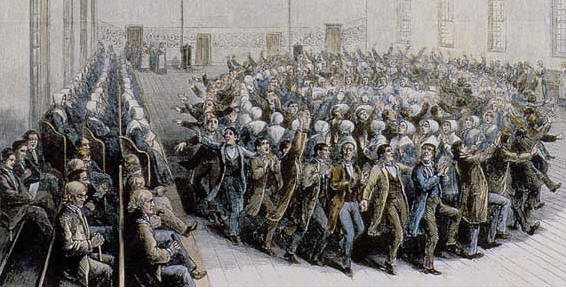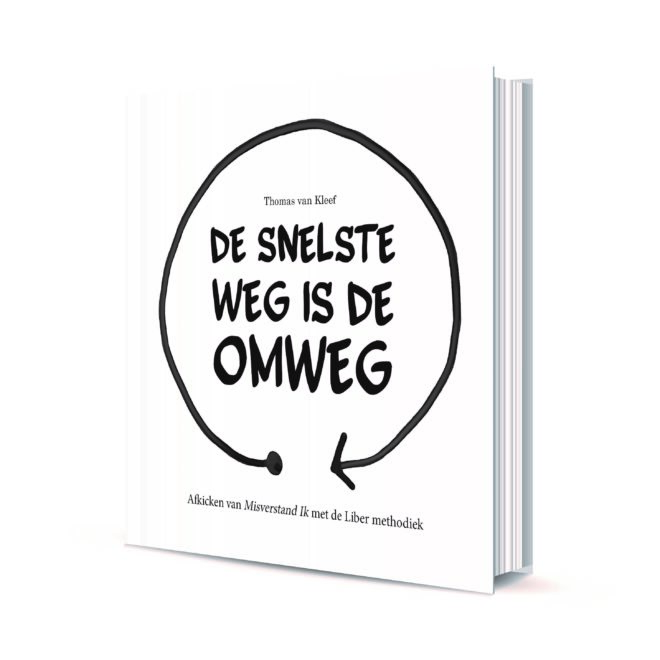Unlike other forms of meditation, Liber teaches you not to exaggerate your thoughts and feelings, but to emphatically welcome them. Like clouds to let you rain empty. Until the last drop. And to remain completely still and motionless under it. No disapproval, no consent, no defense, no welcome. Just: your full presence in front of it. In Liber learning we therefore speak of ‘relational stillness’. Because its use is to learn to be quiet in relation to one ‘s own bustle.
The meaning of this lies in the meaning of our thoughts and feelings. After all, these are essential for the design of our existence. The state of the world, of our lives, is a direct reflection of it. Thoughts matter. Putting them together – ‘letting them pass’ indiscriminately – seems to me to be as much as de-humanizing yourself. As if we were not called to give shape and direction to our lives and to develop thoughts about our thoughts for that purpose.
So that we have thoughts and feelings on it is only a good thing. However, this does not mean that we automatically think wisely, ‘life-giving’. What we think is equally important.
Which brings us to a, yes, problem. A strange quality of our thoughts is that, once conceived, they would then like to live forever. Before we know it, they become beliefs that don’t want to move anymore. And woe to the one who thinks otherwise or the life that turns them upside down…
And now I regret that. Because if something makes a person a person, then it is mobile, new, fresh, original, creative thinking. To be able to think what was not thought before. Thinking what no longer works or turned out not to be true, to be able to leave behind you.
Hence Liber. For Liber does not train you to be without thinking, or to have only correct thoughts, but to develop your discernment. Grow your ear – and docility – for the right thought, at the right time, in the right place. To that end, the Liber teaches you to practice inhabiting that inner place of self-absence that it brings out your best in yourself: adaptability; the quality of being able to connect with that thinking, doing or not doing that for you, at that moment and in that situation.
It’s a long introduction to an old Shaker song: ‘Simple Gifts’. It could be the Liber house hymn, as fitting as it describes simplicity, receptivity and open-mindedness as basic conditions for an agility of mind, which in turn is a condition for a good ‘outcome’ that is also homecoming: your presence in your very reason of existence. . Listen to the song here with the words at hand, and be inspired.
Simple Gifts (Joseph Brackett, 1848)
‘Tis the gift to be simple, ’tis the gift to be free,
‘Tis the gift to come down where we ought to be,
And when we find ourselves in the place just right,
‘Twill be in the valley of love and delight.
When true simplicity is gain’d
To bow and to bend we shan’t be asham’d.
To turn, turn will be our delight
‘Till by turning, turning we come round right.








